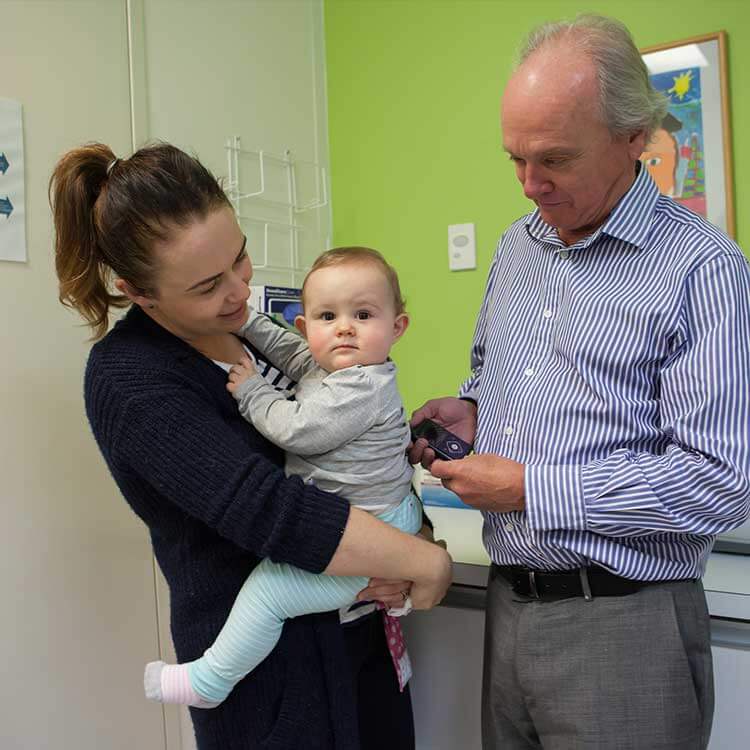Search
Research
High incidence of obesity co-morbidities in young children: A cross-sectional studyThe prevalence of overweight and obesity in children is a public health problem because of future morbidity.
Research
Improving epinephrine responses in hypoglycemia unawareness with real-time continuous glucoseThe objective of this study was to determine whether real-time continuous glucose monitoring (CGM) with preset alarms at specific glucose levels would prove...
Research
Effect of short-term use of a continuous glucose monitoring system with a real-timeThe objective of this study was to examine whether setting the low glucose alarm of a Guardian® REAL-Time continuous glucose monitoring system (CGMS) to 80 mg/d
Research
Birthweight and the risk of childhood-onset type 1 diabetesWe investigated whether children who are heavier at birth have an increased risk of type 1 diabetes
Research
Hypoglycemia alarm enhancement using data fusionThe acceptance of closed-loop blood glucose (BG) control using continuous glucose monitoring systems (CGMS) is likely to improve.
Research
Clinical evaluation of a noninvasive alarm system for nocturnal hypoglycemiaThe aim of this study was to evaluate the performance of a prototype noninvasive alarm system (HypoMon) for the detection of nocturnal hypoglycemia.
Research
Clustering of psychosocial symptoms in overweight childrenThe aims of the present study were to (i) examine the relationship between children's degree of adiposity and psychosocial functioning; and (ii) compare patterns of clustering of psychosocial measures between healthy weight and overweight/obese children.
Research
Perinatal risk factors for childhood Type 1 diabetes in Western Australia - a population-based study (1980-2002)To investigate perinatal risk factors for childhood Type 1 diabetes in Western Australia, using a complete population-based cohort.

The Children's Diabetes Centre's research into Type 1 diabetes, childhood onset Type 2 diabetes and obesity aims to improve the lives of children and adolescents affected by these conditions.
Research
Exercising Safely with Type 1 Diabetes – Development of Clinical GuidelinesOur research focuses on what are the best ways for patients with Type 1 Diabetes to exercise safely. We aim to develop clinical guidelines that provide improved advice for patients and educate patients on how to prevent hypos during and after exercise.
